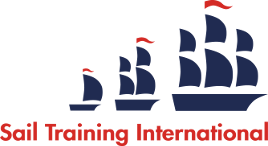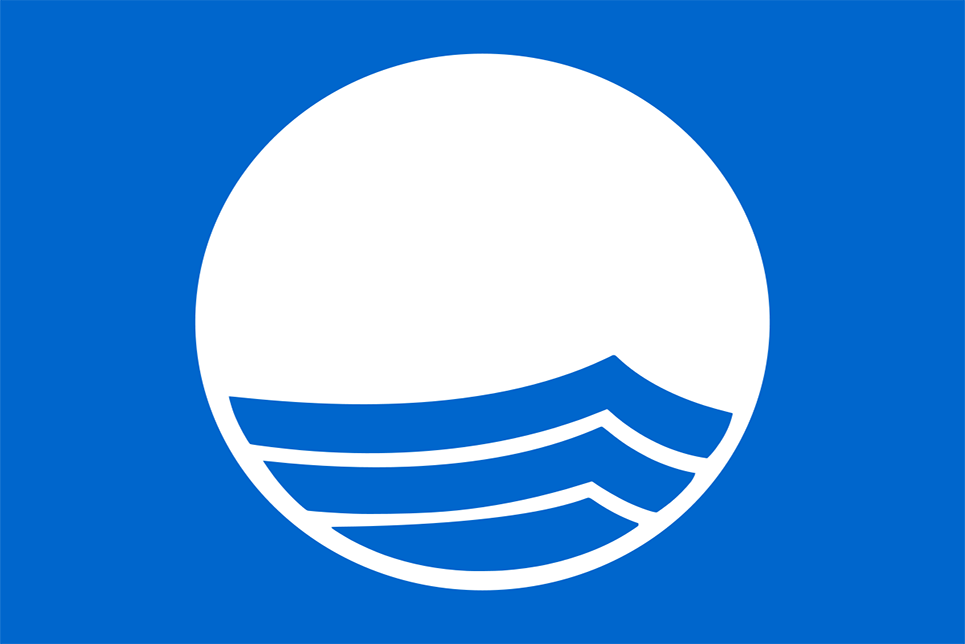Blue Flag Scheme
The Blue Flag scheme was first introduced by the Foundation for Environmental Education (FEE) several years ago to promote clean beaches and marinas. The FEE subsequently extended the scheme for tourism boat and Sail Training International became aware of it in Belfast in 2009 where the Portuguese Tall Ship Sagres was flying the ‘Blue Flag’.
In 2019 Sail Training International signed a new partnership agreement with FEE and together have developed a new set of criteria.
The new Blue Flag scheme is an annual award requiring vessels to update their information each year.
The award focus on three areas; behaviour (of the organisation and vessel), education (of the captain, crew and trainees) and communication (with third parties and the general public).
The Blue Flag application process for Sail Training Vessels is under review with the Foundation for Environmental Education (FEE). FEE will be represented at the forthcoming International Sail Training and Tall Ships Conference in Dunkirk and the aim is to have an updated application process in place as soon as possible following the Conference.
If you would like to know when applications reopen, you can register your interest by dropping an email to blue.flag@sailtraininginternational.org


